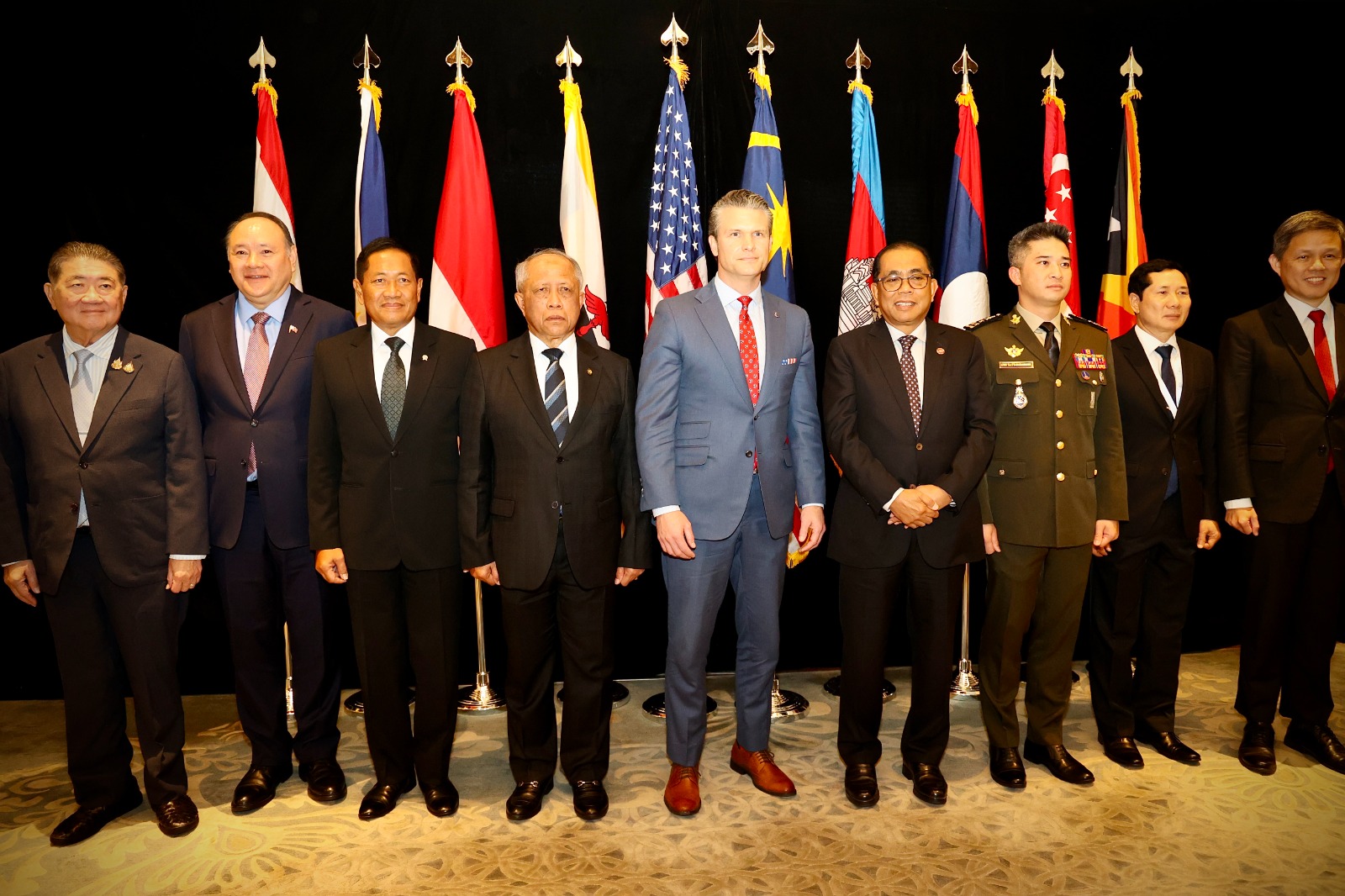
Zhang Gaosheng, Researcher at Department of World Peace and Security, China Institute of International Studies
Jun 12, 2025
The future of the Trump administration’s Indo-Pacific Strategy remains fluid. However, U.S. Defense Secretary Pete Hegseth’s two visits to the region, including his recent attendance and speech at the Shangri-La Dialogue, shed a little light.
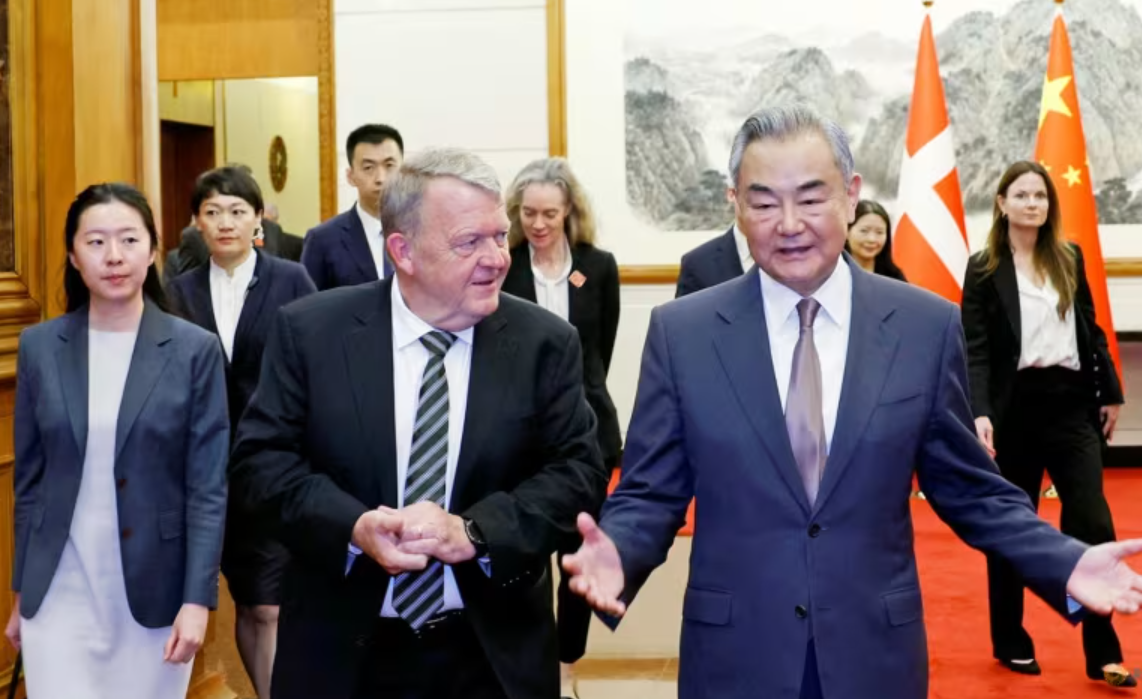
Sebastian Contin Trillo-Figueroa, Geopolitics Analyst in EU-Asia Relations and AsiaGlobal Fellow, The University of Hong Kong
Franz Jessen, Former EU Ambassador to the Philippines and Vietnam; EU Deputy Head (Beijing); Economist and Diplomat in EU-Asia Relations
Jun 05, 2025
By drawing a parallel between U.S. interest in Greenland and its stance on Taiwan, China has mounted a carefully calibrated rhetorical response that highlights perceived inconsistencies in American positions on sovereignty, positions itself as a defender of international norms, and gently tests the cohesion of Western alliances.

Richard Javad Heydarian, Professorial Chairholder in Geopolitics, Polytechnic University of the Philippines
Jun 05, 2025
2025 has brought swift changes across the Indo-Pacific, and the Philippines’ growing involvement with Trump’s policies and the Taiwan question could prove to be one of the most pivotal factors in the future of the region.
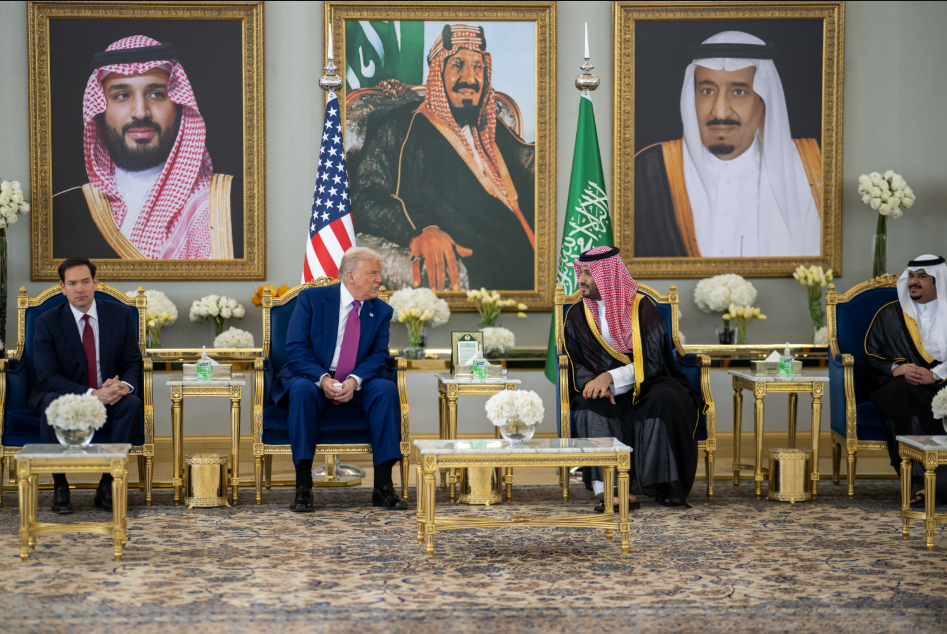
Zhou Yiqi, Associate Fellow, Center for West Asian & African Studies, Shanghai Institutes for International Studies
May 23, 2025
The U.S. president’s mid-may trip Middle East found a region unlike the one he tamed in his first term. His encore performance, though bold, reveals a region slipping from the grasp of his once-potent diplomatic playbook. GCC states are increasingly asserting themselves as they look for harmony.
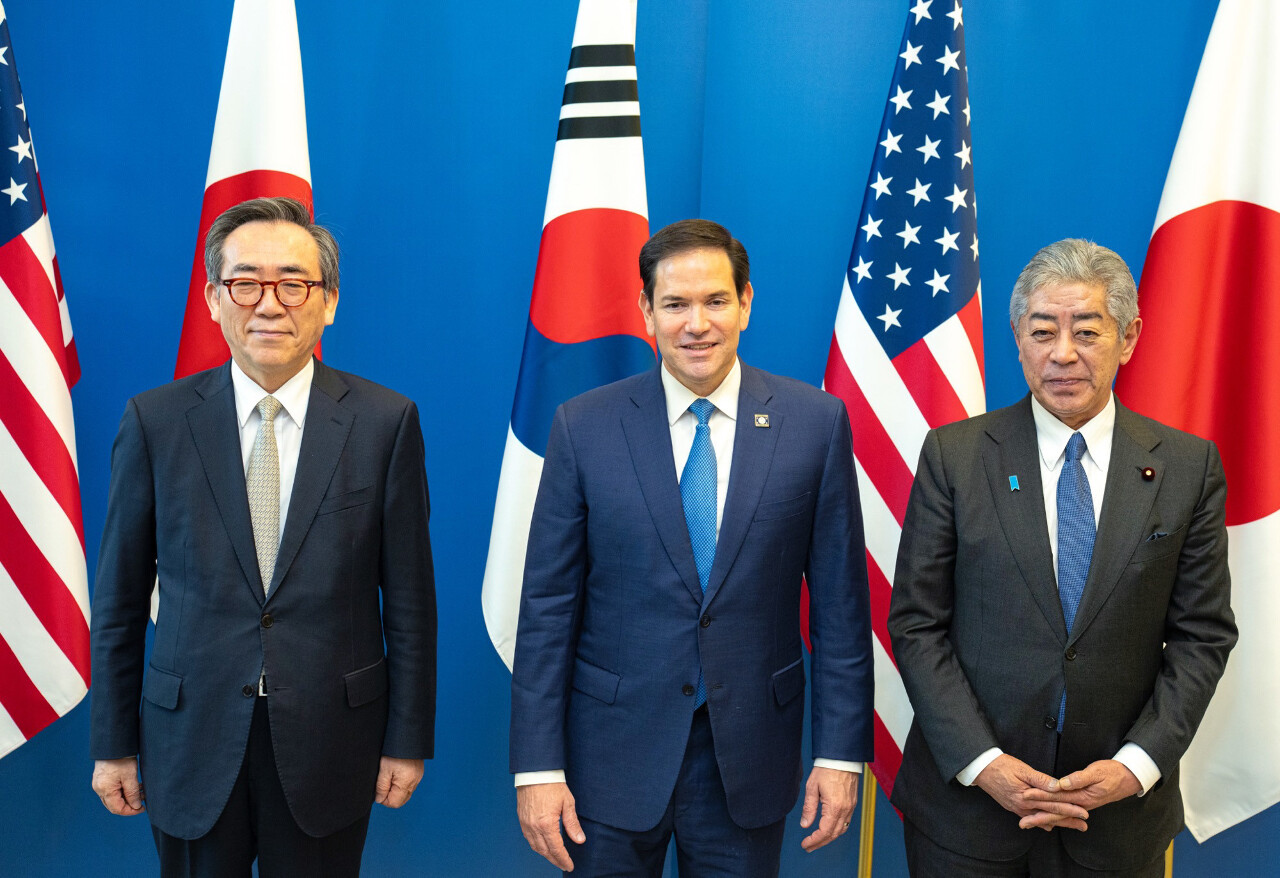
Richard Weitz, Senior Fellow, Hudson Institute
May 14, 2025
With U.S. encouragement, Northeast Asia has seen unprecedented cooperation between Japan and South Korea in recent years. But rising economic frictions, domestic political changes in Japan and especially South Korea, and evolving U.S. global priorities could impede or even reverse recent gains.
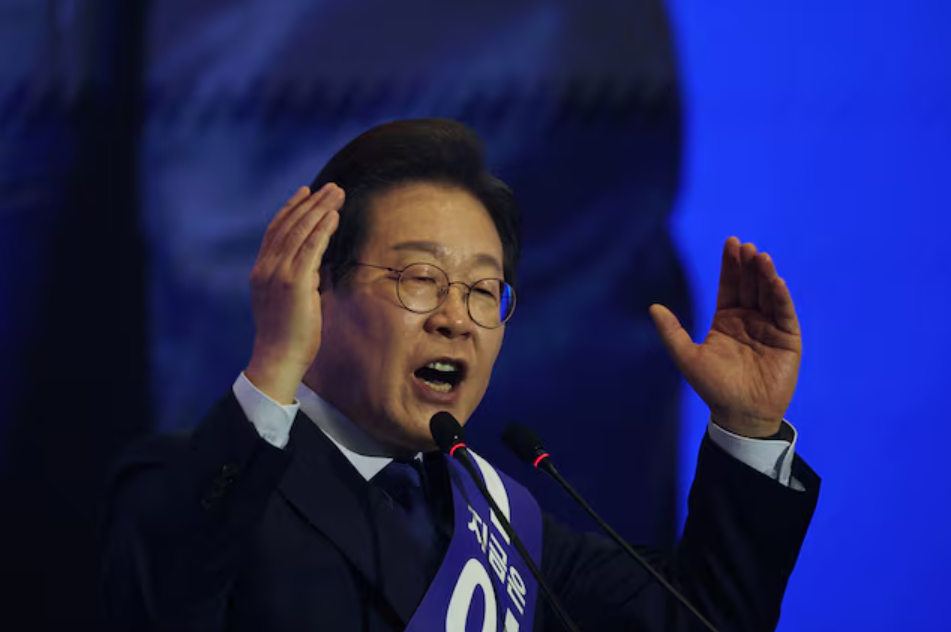
Brian Wong, Assistant Professor in Philosophy and Fellow at Centre on Contemporary China and the World, HKU and Rhodes Scholar
May 14, 2025
Following months of political turmoil, South Korea's upcoming presidential election could lead to a shift in the country's approach to the U.S.-China rivalry, with candidates' stances influencing South Korea's policies on defense, trade, and diplomatic relations with both powers. While Lee Jae-myung may seek closer ties with China, potentially boosting trade and cultural exchanges, his rival is expected to strengthen South Korea's alignment with the U.S., especially on security and technology-related matters.
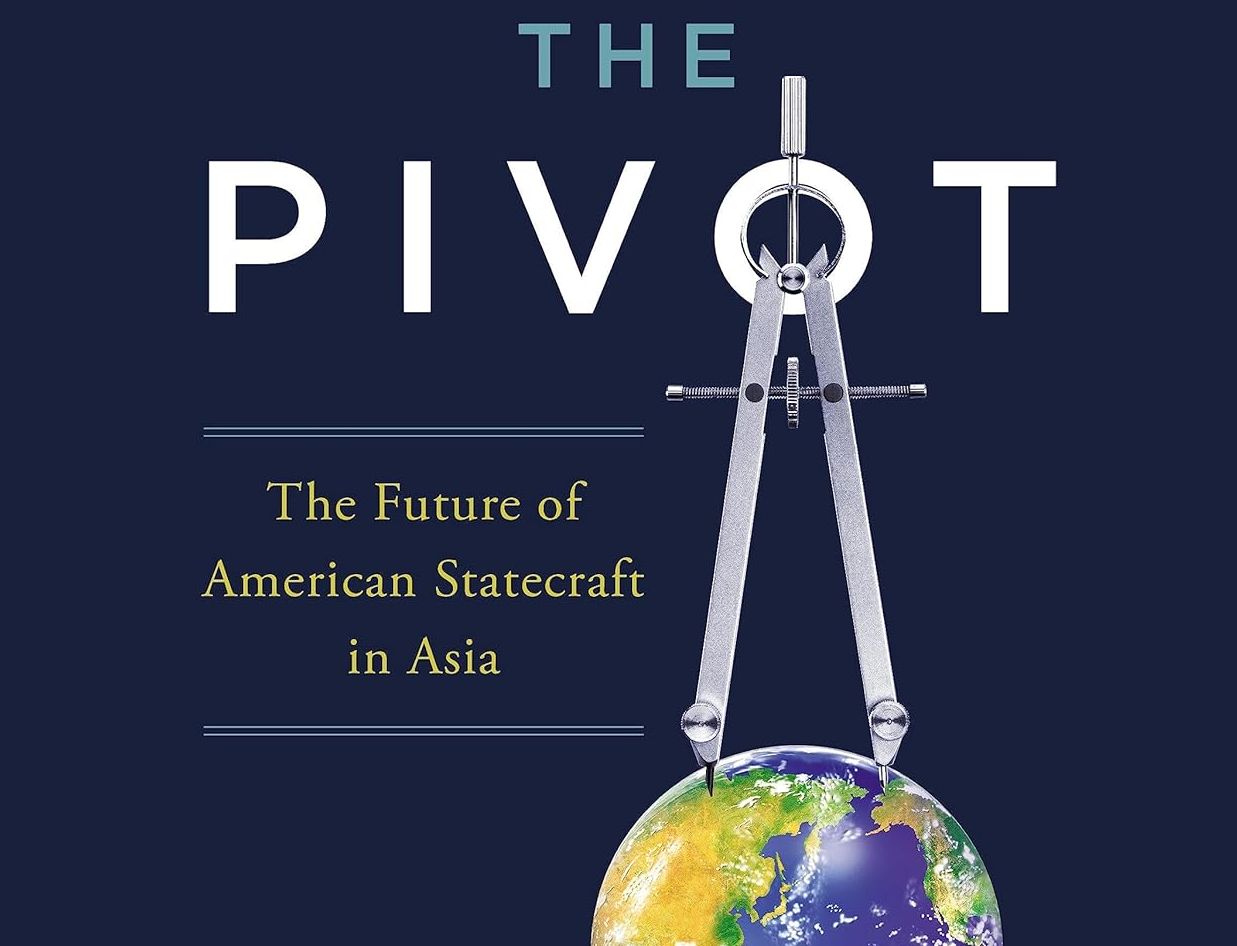
Zhang Gaosheng, Researcher at Department of World Peace and Security, China Institute of International Studies
May 07, 2025
Since his return to the White House, Donald Trump has attempted to reduce the U.S. focus on Europe in order to shift resources to the Indo-Pacific. But geopolitical rivalry can neither resolve America’s own problems nor the challenges facing the world.
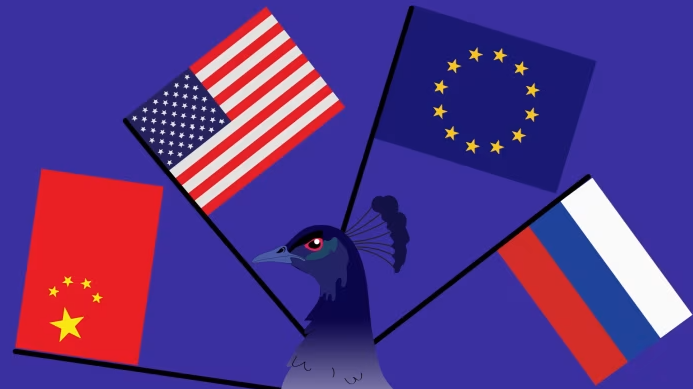
Brian Wong, Assistant Professor in Philosophy and Fellow at Centre on Contemporary China and the World, HKU and Rhodes Scholar
Apr 22, 2025
The early decades of the 21st Century have already seen a rapid shifting of global power, and today one could view the world’s relationships flowing through a four-way struggle for balance and dominance between the U.S., China, the EU, and Russia.
Xiao Bin, Deputy Secretary-general, Center for Shanghai Cooperation Organization Studies, Chinese Association of Social Sciences
Apr 18, 2025
China and Russia have different narratives in describing the anti-fascist victory that ended World War II. Both nations made immense sacrifices that fundamentally shaped postwar reconstruction and reshaped global governance. So why do they continue to grapple?
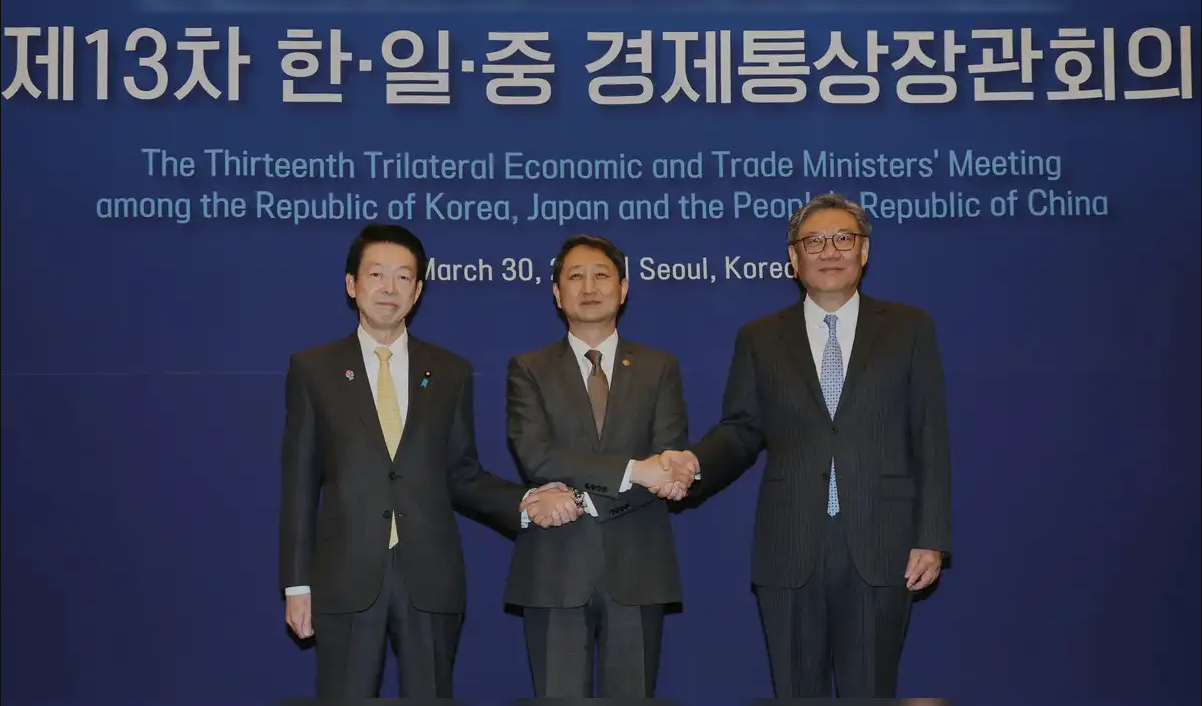
Zhang Yun, Professor, School of International Relations, Nanjing University
Apr 11, 2025
The tariffs will not spell the end of alliances between the United States and Japan or South Korea, but they are likely to promote a strategic awakening in both countries and accelerate the integration process in East Asia.
Back to Top

- China-US Focus builds trust and understanding between the U.S. and China through open dialogue among thought leaders.
- Our Offerings
- Topics
- Videos
- Podcasts
- Columnists
- Research Reports
- Focus Digest
- Stay Connected
-
Thanks for signing up!
- Get the latest stories from China-US Focus weekly.